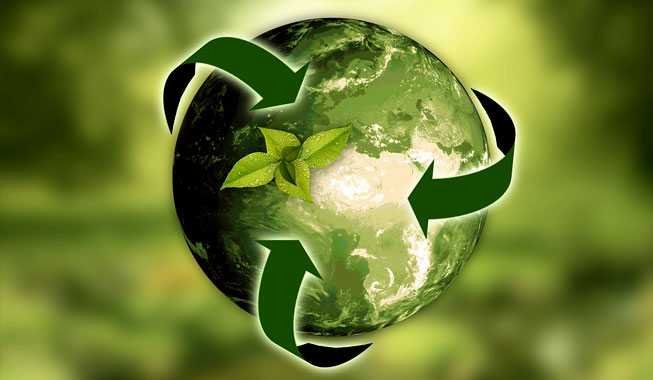Humanity is in the middle of a great transition at the moment. Our natural surroundings, our society, and our economy are all going through significant changes. We are gradually realizing how important nature is for us. Many capitalists are also beginning to realize that being in harmony with nature is necessary for their long-term existence.
Although new biological and electronic technologies are important, this is not a technological revolution. This is more of a philosophical revolution, which takes the current realities into consideration. Past ways of thinking and existing are now being considered as incapable of solving the problems of today and the future.
The need for sustainable capitalism
The industrial revolution was instrumental in bringing many benefits to humanity, which were of material nature. Many of us wouldn’t like to return to the pre-industrial society. However, we can’t ignore the fact that industrial development inherently depends on natural and human resources. This is the very thing that has led to the rapid depletion of the former.
So, there’s an urgent need for sustainable capitalism. It is not so hard to see why. We’ve seen the seemingly unending military conflicts that the Middle East has been suffering with. Almost everyone in the world knows about the decline in fossil energy production.
We’ve also suffered from the effects of climate change due to global warming. There’s one thing that we must be absolutely clear about. Capitalism can be extremely efficient if it doesn’t consume natural resources in an uncontrolled way.
Principles behind sustainability
Sustainability is more about how we utilize energy. Everything that humanity uses requires energy to produce and use. These things themselves are a form of energy in a way. Human activities such as thinking, working, and managing also need energy. The first law of thermodynamics states that energy can be used and reused. It can never be created or destroyed.
According to the second law of thermodynamics, energy loses some of its usefulness when it is used or reused. Before its use, energy is more concentrated and organized. Upon using it, energy is transformed into less concentrated and more dispersed forms. Energy must be collected, re-concentrated, restored, and reorganized before its reuse.
All of this needs energy and it is no longer available to do anything else. The only source of energy available in abundance every day is solar energy. However, most of the capitalist economies offer no incentives to collect and store solar energy. Even the solar energy that’s collected is put for consumption in the marketplace.
How sustainability can be achieved
Sustainable capitalism involves mimicking the natural processes of biological systems. Plants can capture and store solar energy to offset the lost usefulness of energy. They’re useful to many other species, are productive, and devote their energy to renewal and regeneration. So, to achieve sustainability, we must divert a significant portion of our energy towards the renewal and regeneration of energy.
Value, efficiency, and sovereignty are the guiding principles of economic sustainability. Communities that practice sustainability must use their intellect, people, land, energy, and money efficiently. People must not only be free to make their own decisions but also must feel responsible for their choices.

